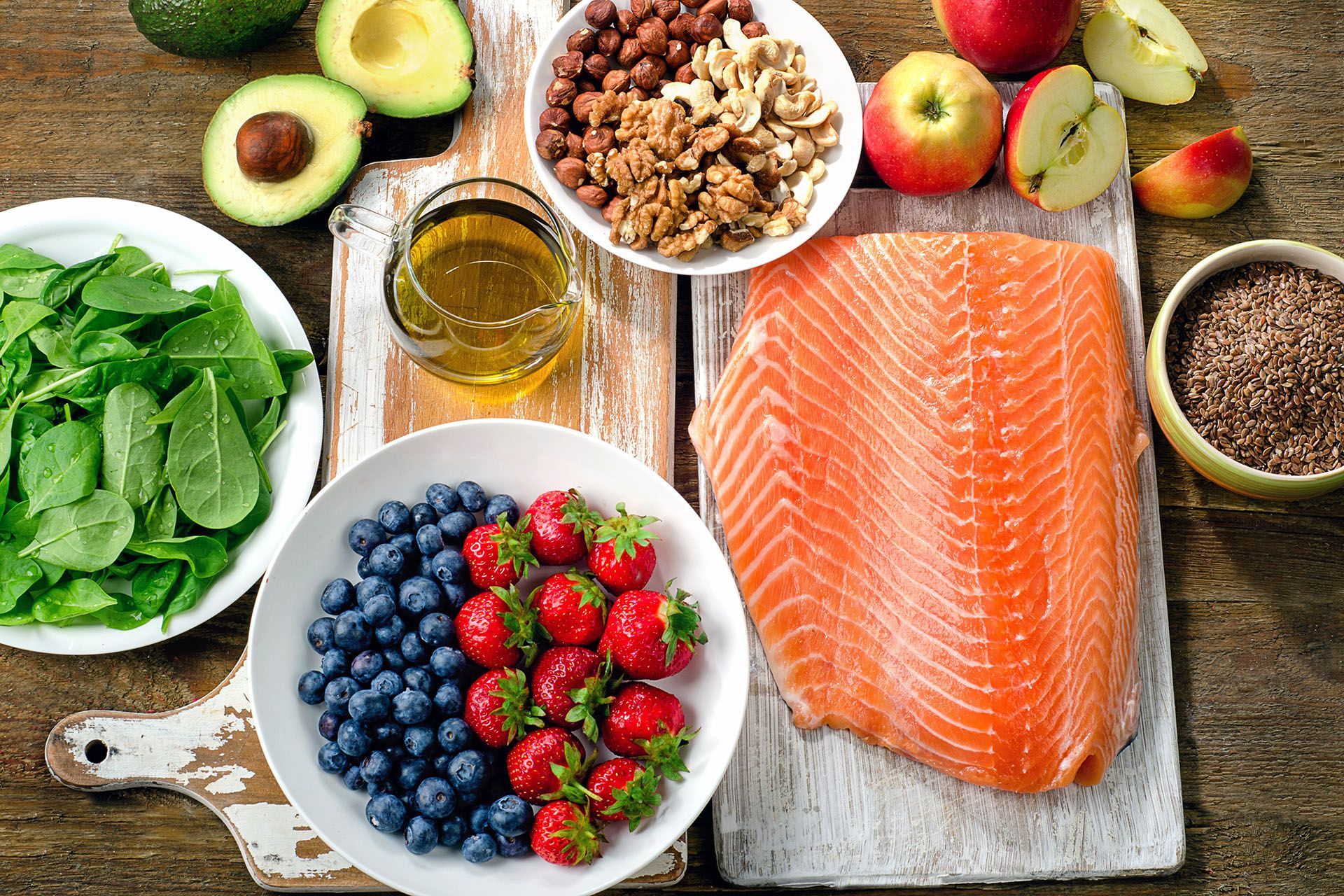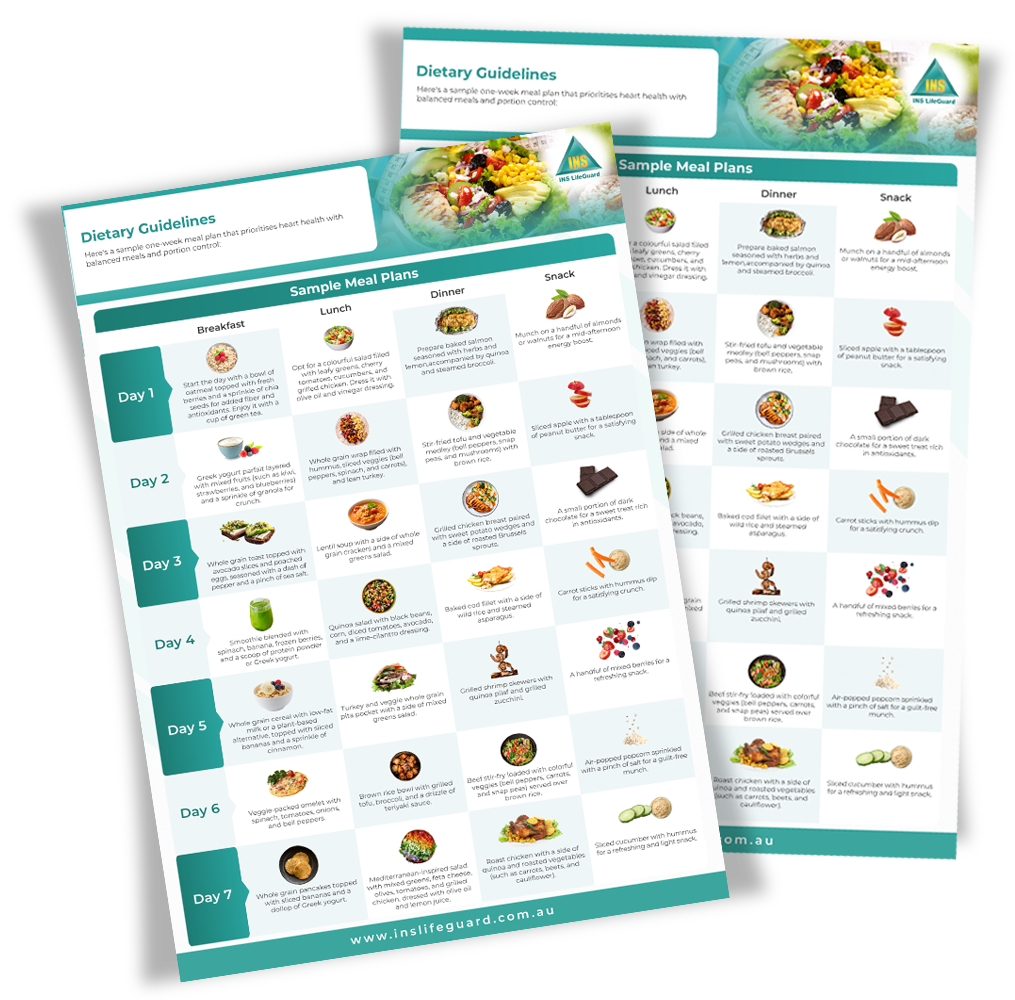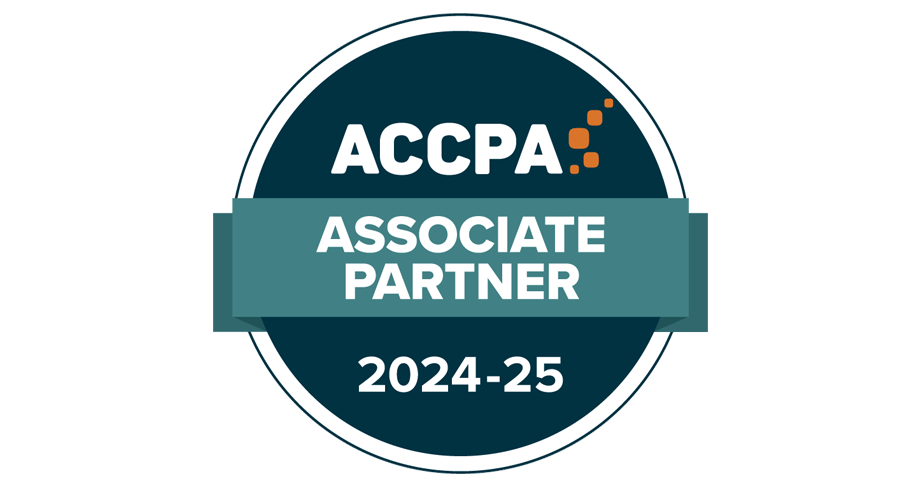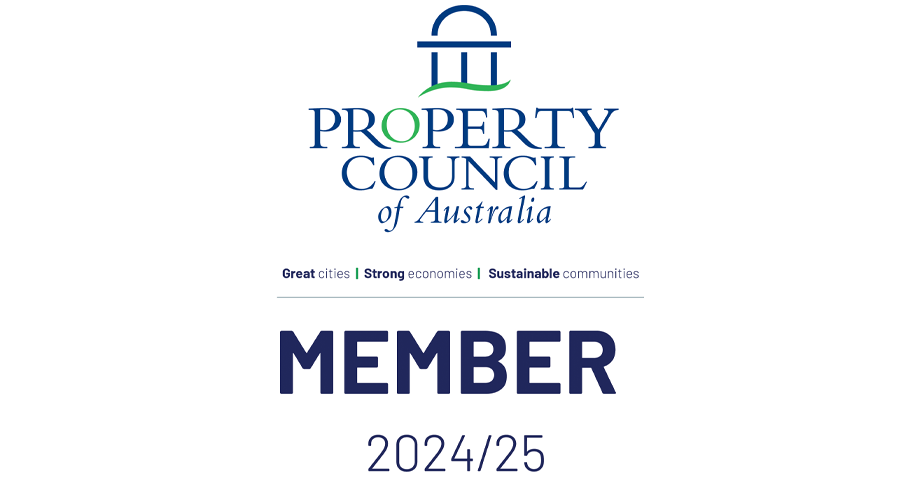INS LifeGuard
The Ultimate Diet Plan for Cardiovascular Health

The heart, a magnificent organ relentlessly working to keep us alive, deserves our utmost care and attention. Its significance cannot be overstated; it's the rhythmic powerhouse of our bodies, pumping blood, oxygen, and nutrients to every cell. Yet, the modern lifestyle often puts this crucial organ at risk. Sedentary habits, stress, and, notably, poor dietary choices contribute significantly to heart problems.
Heart disease remains a leading cause of mortality worldwide, making it imperative to reevaluate our relationship with food and its impact on heart health. High intake of processed foods laden with trans fats, excessive salt, and sugar can escalate the risk of heart disease. Conversely, a diet rich in whole foods, fruits, vegetables, lean proteins, and healthy fats acts as a shield, fortifying the heart against potential ailments.
In this blog, we delve into the significance of maintaining a healthy heart and explore the profound impact that diet can have on cardiovascular well-being.
Essential Nutrients for Heart Health
One of the most impactful ways to support heart health is through the foods we eat. But what exactly are heart-healthy foods, and why are they important?
Fruits and Vegetables
These colourful wonders are packed with vitamins, minerals, fiber, and antioxidants. Berries, leafy greens, citrus fruits, and bell peppers are excellent choices. They help lower blood pressure, reduce inflammation, and promote overall heart health.
Fatty Fish
Salmon, mackerel, trout, and sardines are rich in omega-3 fatty acids. These fats are known for their heart-protective benefits, reducing the risk of heart disease, lowering triglycerides, and supporting healthy heart rhythms.
Whole Grains
Opting for whole grains like brown rice, quinoa, oats, and whole wheat provides a hearty dose of fiber, vitamins, and minerals. They aid in lowering LDL (bad) cholesterol and maintaining a healthy heart.
Nuts and Seeds
Almonds, walnuts, chia seeds, and flaxseeds are packed with nutrients like omega-3 fatty acids, fiber, and antioxidants. Incorporating these into your diet helps manage cholesterol levels and promotes heart health.
Legumes
Beans, lentils, and chickpeas are rich in soluble fiber, which helps lower cholesterol levels. They're also a great source of protein without the saturated fats found in some animal products.
Olive Oil
A cornerstone of the Mediterranean diet, olive oil contains monounsaturated fats, which are beneficial for heart health. It's a healthier alternative to saturated or trans fats commonly found in processed foods.
Best Diets for Cardiovascular Disease Prevention
In recent years, a wealth of scientific research has underscored the profound impact of dietary choices on cardiovascular health. Among the noteworthy dietary patterns gaining attention for their cardioprotective properties are the Dietary Approaches to Stop Hypertension (DASH) and the Mediterranean diet. These eating plans emphasise a predominantly plant-based approach, showcasing a remarkable ability to promote heart health and influence the gut microbiome.
The Mediterranean diet, inspired by the eating habits of countries bordering the Mediterranean Sea, is rich in fruits, vegetables, whole grains, legumes, nuts, and healthy fats like olive oil. It emphasises moderate consumption of fish, poultry, and dairy, with limited red meat intake. Red wine, consumed in moderation, is also a hallmark of this diet. Its focus on plant-based foods and monounsaturated fats is associated with reduced risk factors for heart disease, including lower cholesterol levels and improved blood pressure.
On the other hand, the DASH diet is specifically crafted to lower and control high blood pressure. It emphasises fruits, vegetables, whole grains, lean proteins, and low-fat dairy while limiting foods high in saturated fats and sugar. By prioritising nutrient-rich foods that are naturally low in sodium, the DASH diet aims to promote healthy blood pressure levels. Its emphasis on potassium, calcium, magnesium, and fiber contributes to its effectiveness in managing hypertension and improving overall heart health.
As the scientific community continues to explore the intricate connections between diet, heart health, and the microbiome, these dietary approaches offer practical and delicious ways to nurture both heart and gut for a healthier, more resilient body.
Dietary Guidelines
This sample meal plan emphasises a variety of nutrient-dense foods that support heart health while maintaining portion control and balance. Adjust portions according to individual dietary needs and preferences.

Tips for Portion Control and Balanced Meals
Portion control and balanced meals are key elements of a healthy lifestyle. They play a significant role in maintaining a healthy weight, managing energy levels, and ensuring that our bodies receive the right nutrients in the right quantities. Here are some effective tips to help you with portion control and creating balanced meals:
Understand Portion Sizes
Educate yourself on recommended portion sizes for different food groups. Use visual cues like your palm, fist, or specific measuring cups to gauge appropriate portions.
Use Smaller Plates
Opt for smaller plates and bowls to naturally control portion sizes. Larger plates tend to encourage larger portions, leading to overeating.
Balance Your Plate
Aim for a balanced meal with a mix of macronutrients – proteins, carbohydrates, and healthy fats. Fill half your plate with vegetables, a quarter with lean protein, and the remaining quarter with whole grains or healthy starches.
Practice Moderation, Not Deprivation
Allow yourself to enjoy treats in moderation. Depriving yourself completely often leads to cravings and overindulgence later.
Plan Ahead
Plan your meals and snacks in advance to avoid impulsive eating choices. When cooking at home, consider batch cooking and portioning meals for the week.
Use Food Labels
Read food labels to understand serving sizes and nutritional content. Be mindful of hidden sugars, unhealthy fats, and excessive sodium in packaged foods.
Seek Support
Consider seeking guidance from a registered dietitian or nutritionist if you need personalized advice on portion control and balanced meals.
By implementing these tips, you can gradually develop healthier eating habits centered around portion control and balanced meals. Remember, it's about making sustainable changes that suit your lifestyle rather than strict rules or diets. With practice and consistency, you can achieve a healthier relationship with food and nourish your body effectively.
Takeaway
Adopting a heart-healthy lifestyle is not just a one-time effort; it's a commitment to long-term well-being. The choices we make in terms of portion sizes and the composition of our meals play a crucial role in reducing the risk of heart disease and ensuring a healthier, more energetic life.

About
INS LifeGuard is the only 24/7 nurse on-call personal and medical monitoring in Australia. We provide monitoring technology for both in the home and on the go and can also monitor other provider's equipment. Our services are suitable for anyone wanting support to stay independent such as the elderly, those with medical conditions and disabilities plus enhancing safety and security for lone workers.















